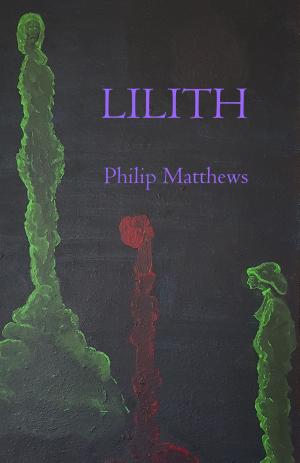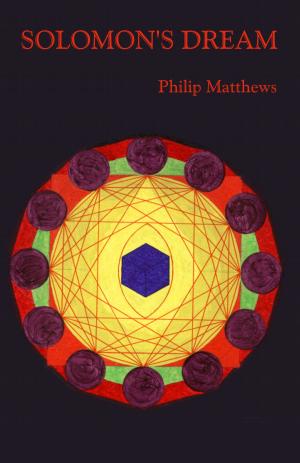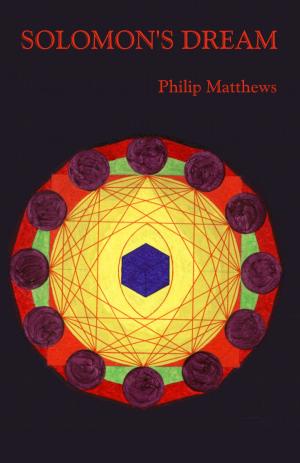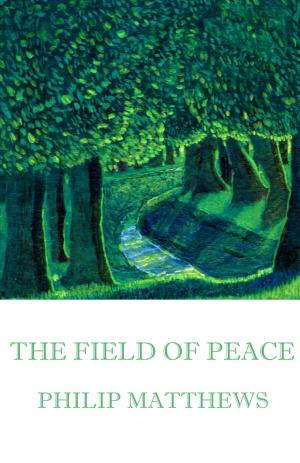| Author: | Philip Matthews | ISBN: | 1230000227599 |
| Publisher: | Philip Matthews | Publication: | March 24, 2014 |
| Imprint: | Language: | English |
| Author: | Philip Matthews |
| ISBN: | 1230000227599 |
| Publisher: | Philip Matthews |
| Publication: | March 24, 2014 |
| Imprint: | |
| Language: | English |
The novel is about the relations between fathers and sons. It is a largely metaphorical work, projecting these relations on to an imaginary landscape in an attempt to display how sons are influenced by their fathers and what they do under that influence. The story is about a prince, whose father, an emperor too gentle to rule, is defeated and driven to suicide by the machinations of a powerful priesthood and a great city. The emperor’s death leaves his son a fugitive, protected only by two advisers and a small group of soldiers, and the novel tells of his reconquest of the Empire and how he goes on to do what his father could not do. The chief interest in the novel lies less in the outward events, though they are detailed pretty thoroughly, than in the effect the struggle has on the prince, his two advisers and his close friend; how shame can contaminate love, ambition pervert loyalty, and how the prestige of the father can place a tragic burden on the son.
The novel is narrated by one of the advisers of the Prince, once his tutor and now his confidant, whose relationship with the Prince is complicated by the fact that he is also the father of his close friend. The style of narration is simple, in the form of a long letter to the son of the Prince’s other adviser, by turns nostalgic or bitter, leavened by the narrator’s eccentric humour and distinctive philosophy. He is the perfect narrator, close to the events he recalls, a keen eye for local colour, subtle enough to discern the shifting tensions around the prince, qualified to analyse the hidden influences affecting the Prince’s action, and finally honest enough to see the part he plays in the drama.
The novel is about the relations between fathers and sons. It is a largely metaphorical work, projecting these relations on to an imaginary landscape in an attempt to display how sons are influenced by their fathers and what they do under that influence. The story is about a prince, whose father, an emperor too gentle to rule, is defeated and driven to suicide by the machinations of a powerful priesthood and a great city. The emperor’s death leaves his son a fugitive, protected only by two advisers and a small group of soldiers, and the novel tells of his reconquest of the Empire and how he goes on to do what his father could not do. The chief interest in the novel lies less in the outward events, though they are detailed pretty thoroughly, than in the effect the struggle has on the prince, his two advisers and his close friend; how shame can contaminate love, ambition pervert loyalty, and how the prestige of the father can place a tragic burden on the son.
The novel is narrated by one of the advisers of the Prince, once his tutor and now his confidant, whose relationship with the Prince is complicated by the fact that he is also the father of his close friend. The style of narration is simple, in the form of a long letter to the son of the Prince’s other adviser, by turns nostalgic or bitter, leavened by the narrator’s eccentric humour and distinctive philosophy. He is the perfect narrator, close to the events he recalls, a keen eye for local colour, subtle enough to discern the shifting tensions around the prince, qualified to analyse the hidden influences affecting the Prince’s action, and finally honest enough to see the part he plays in the drama.















